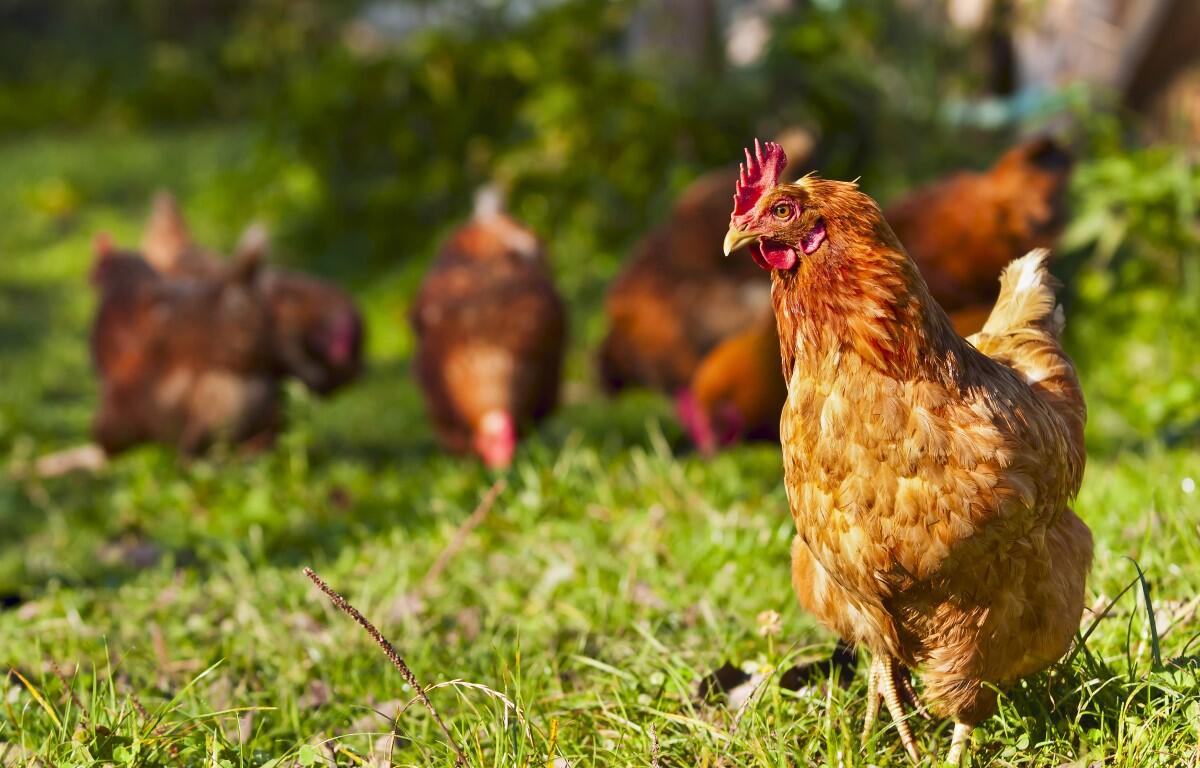CLARKSVILLE, TN (CLARKSVILLE NOW) – Following unanimous approval from the City Council last week, tenants renting property in Clarksville have been extended the right to raise and own hens within the city limits. However, the tenants will have to seek the landlord’s permission first.
One of the sponsors for the amendment, Councilperson Brian Zacharias, said the idea originated when a constituent in Ward 1 expressed frustration when they couldn’t get a permit to raise hens on the property they were renting, even with the landlord’s approval.
Following a conversation with the constituent, Zacharias asked if this is something that should be restricted. He met with the city’s Department of Building and Codes and asked for City Attorney Lance Baker to draft the ordinance.
Zacharias brought forth the amendment and purposed that renters should be allowed to raise hens if they fit the criteria and have permission from their landlord.
Councilperson Travis Holleman served as co-sponsor for the amendment and proposed an increase in the number of hens one can raise and own. Before the amendment was approved, citizens were only allowed up to six hens, but now they can own up to eight.
In addition to the landlord’s permission, here are the other requirements needed to acquire a hen permit, according to the City of Clarksville.
- Domesticated hens shall be kept outside of a habitable structure in a fenced-in chicken enclosure.
- A portion of the chicken enclosure must be a covered chicken coop structure.
- The chicken coop must provide at least 2 square feet per chicken and shouldn’t exceed 50 square feet.
- The chicken enclosure must be at least 6 square feet per bird, and the entire enclosure shouldn’t exceed 400 total square feet.
- The maximum height for the coop should be no more than 10 feet tall at its highest point.
- The enclosure and coop must be kept in the rear of the property.
- The enclosure and coop must be 10 feet away from the rear property line, and 10 feet away from any side property line.
- The coop needs to be covered and enclosed at all times.
- The enclosure shall be open to the air above, or the enclosure may be covered by a permeable material approved by the Department of Building and Codes.


